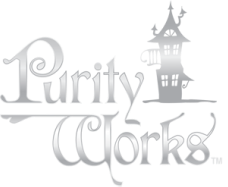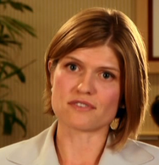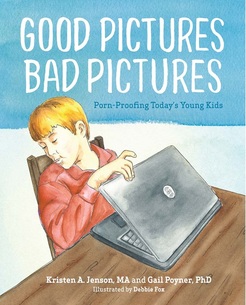At the sight of a newborn baby, very few parents think of the importance of forming the child’s heart. Yet this is the key to avoiding so many problems as a full-grown human develops.
We serve meals, we change diapers, we (try to) instigate a sleeping pattern, we potty train, we introduce foods, we teach the use of utensils, proper dress, physical health and even well-being.
But many of us have not been taught to tend a child’s heart. And that is proactive parenting.
By paying attention to all our child’s outer, basic needs, we are not parenting. We could do the same for anyone, or even a pet. But a child needs an internal compass.
Some parents use stories to teach selflessness, the difference between right and wrong, the joy and necessity of serving, how to act honorably, practicing honesty, the purpose and pride that comes from a strong work ethic, etc. There’s much wisdom in this, as it was Jesus’ main way of teaching. His parables can still form good-hearted people today.
Our personal examples, however, are even more powerful—life-changing, in fact.
The Five Doors of the Heart were created to help. What we choose to look at, what we choose to listen to, how we choose to honor life, what we say (or don’t) and how we touch--this input moves through feeding tubes to the heart, creating us from the inside out. As a wise person once put it, there is a black dog and a white dog fighting within. When asked which one was winning, the person replied, “Whichever one I am feeding.”
The Five Doors can be taught in the complete context of Planned Purity. The emphases can be specific to the preschool years, then the elementary years, then the teen years, the single years and/or the married years, preparing us to leave a legacy of goodness, truth and beauty. But without that foundation, we fumble through life, wondering where healthy lines are drawn.
Give your child (and yourself) the gift of a well-tended heart from the time they are small. Don’t despair if they are older. Set the example in yourself now, before it’s too late. Begin with the transformation that can only come from God. Ask him to give you the clean heart to begin with. Then maintain that heart with good choices and a great deal of grace as you ask for forgiveness in times of struggle and failure.
But give yourself to virtue. Give yourself to truth. And give the same to your children. You will receive the gift of being a less reactive parent with a child that understands the importance of a pure heart and true goodness. Purity works. It’s as simple as that.







 RSS Feed
RSS Feed


